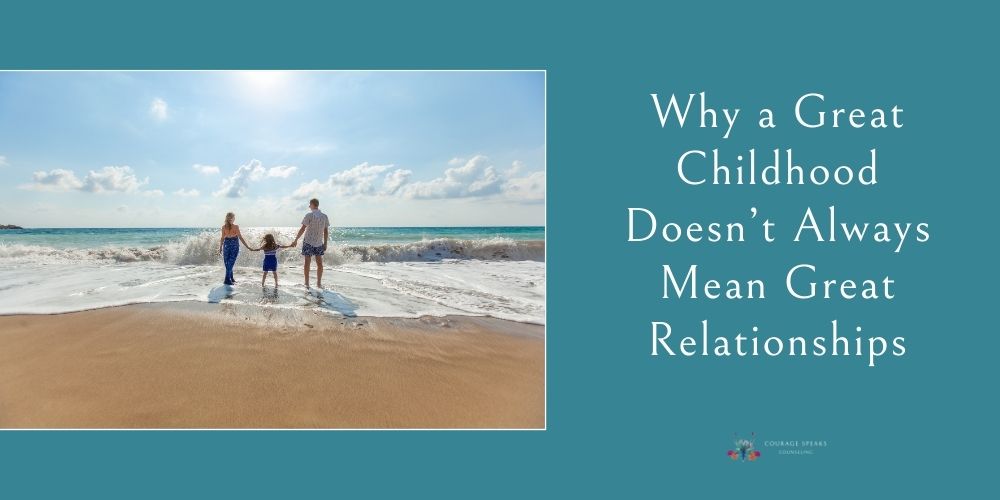
Before, After, and Now: Healing After Life-Altering Events
Healing isn’t about returning to who you were—it’s about learning to live fully in the present and trusting the unfolding of your journey after life-altering events.

Many people look back on their childhoods and think, “I had a good upbringing. Why do I still struggle in my relationships?” This confusion often stems from not recognizing the impact of subtle emotional experiences. These less obvious influences, which may seem insignificant in isolation, can shape our beliefs and behaviors in profound ways.
Our early lives are filled with nuanced messages about our worth and emotional needs. These messages come not only from explicit teachings but also from the everyday interactions and unspoken expectations set by our family and environment. Even if there was no overt harm, the subtle lessons—such as the need to be perfect, the importance of staying quiet, or earning love through behavior—can deeply affect us.
These subtle experiences often become ingrained in our internal framework, influencing how we relate to others and handle emotional challenges. For example, we might learn to hide our needs, fear vulnerability, or feel disconnected despite outward appearances of a stable childhood.
When we transition into adulthood, these early emotional patterns often manifest in our relationships. We may find ourselves struggling with intimacy, feeling overly responsible for others’ emotions, or repeating the same painful dynamics. The confusion arises because these patterns are not always linked to identifiable traumas but to the subtler, formative experiences of our youth.
This can leave us questioning why, despite a seemingly good upbringing, we face difficulties in our relationships. The challenge is understanding that these subtle experiences, though not always overtly traumatic, significantly impact how we interact with others and experience emotional connections.
Acknowledging these subtle emotional imprints is crucial for understanding our relational challenges. The goal is not to assign blame but to recognize that these unspoken influences can leave lasting effects. Healing involves a compassionate exploration of these early experiences and their impact on our current behavior.
By examining these subtle influences, we can start to unravel the patterns that no longer serve us. This process helps us understand why we react in certain ways and how we can begin to change these patterns for healthier relationships.
Healing is a gradual and compassionate process. It involves reexamining and transforming the emotional patterns formed in childhood. By offering ourselves the understanding and acceptance that may have been lacking earlier, we can begin to foster healthier and more fulfilling relationships.
Over time, this self-awareness and emotional healing can lead to significant positive changes in how we connect with others. It helps us break free from old patterns and build more meaningful and supportive relationships.
If you’re grappling with relationship difficulties despite a seemingly positive childhood, it’s essential to recognize the impact of subtle emotional experiences. These nuanced influences can deeply affect our adult behavior and relationships. By understanding and addressing these subtle patterns, we can begin to heal and create the emotional connections we truly desire.
Embracing Shadows, Illuminating Hope,
Chelsey Fjeldheim, LCSW
Empowering Souls on the Path of Healing
Copyright © 2024 Chelsey Fjeldheim, Courage Speaks Counseling

Healing isn’t about returning to who you were—it’s about learning to live fully in the present and trusting the unfolding of your journey after life-altering events.

Healing isn’t about fixing yourself. It’s about staying present, feeling fully, and letting transformation happen without force.

There’s no perfect time to start therapy, but if you feel stuck, disconnected, or overwhelmed by change, it might be the right time to explore it.

Because you matter. You are important. You are worth it.